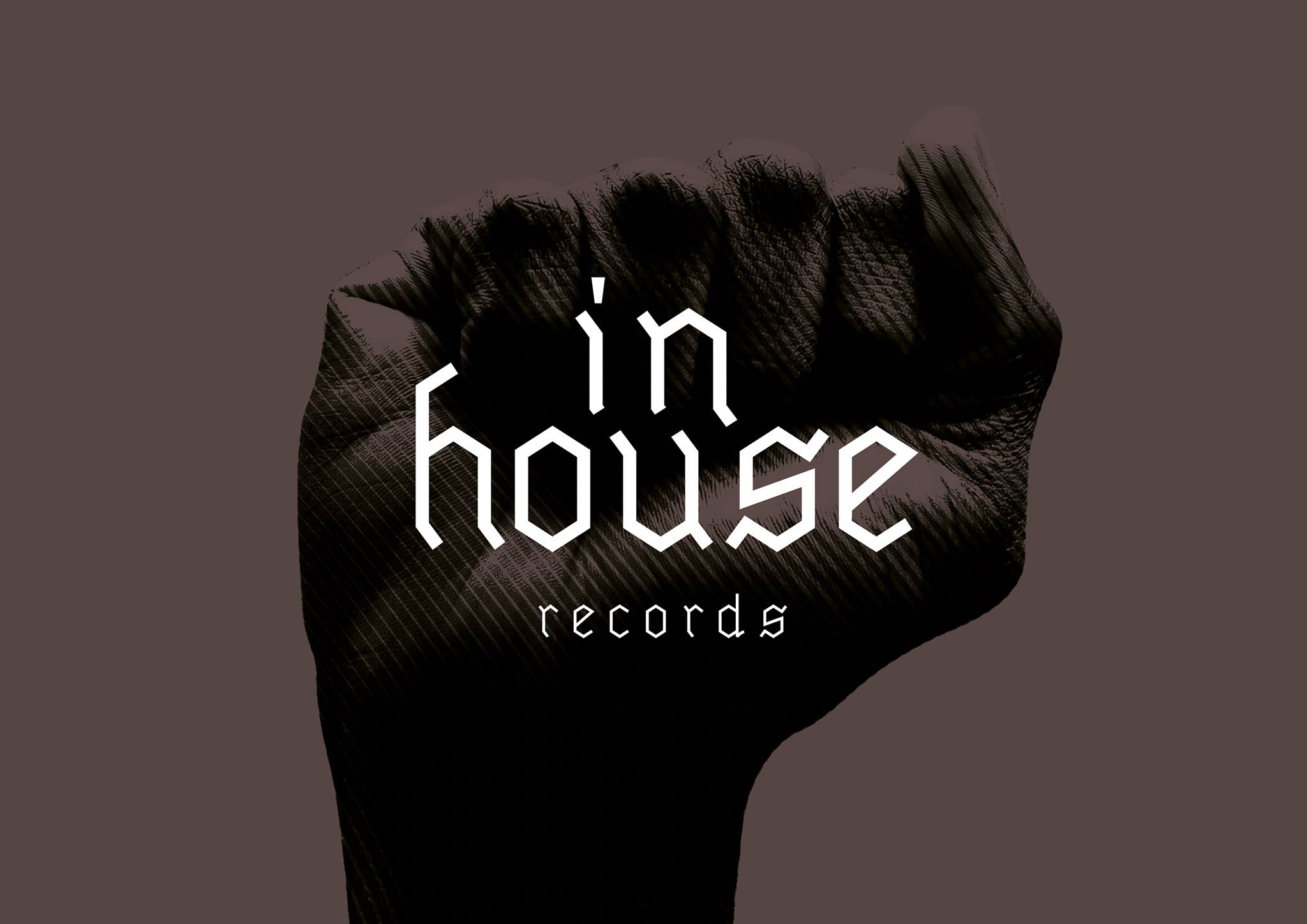Judah Armani, a research fellow at UAL’s Design Against Crime Research Centre (DACRC), has been using his skills to better the opportunities of others for years. He is a graduate of BA Industrial Design at UAL and in 2009, he established his award-winning Public Service Design Practice, which has shown an internationally-recognised track record of creating positive impact in society, through establishing safe and enabling environments, providing over 500 hours of pro bono work a year and mentoring design students and professionals in the field of social impact.
Alongside working with DACRC, which has the main goal of social change through socially responsive design research, Judah has a personal commitment to designing social initiatives in homelessness, health and education for those in challenging circumstances, as well in the criminal justice system.
“I chose those areas because they seemed to me, to be areas that innovation and design were not impacting in the way one might witness in other sectors, says Judah. “I also chose these areas because they deal with people who are outsiders. People who are somehow second-class citizens. I was an outsider when I first came to the UK, experienced systematic racism and found a path becoming a part of society, from once being apart from society.”
InHouse Records
Most recently, deciding to contribute his design skills towards reducing re-offending rates, in 2017 Judah Armani created the world’s first record label to be launched within prison and created by and with prison inmates: InHouse Records. All roles are performed by prisoners, from songwriting and management to mixing and producing.
The record label is the product of months and months of extensive ethnographic and literature research, alongside the sharing of best practice with officers, governors, prisoners and probation officers. The goal is to provide safer communities, less victims of crime and reduce re-offending. A fully functioning label with numerous awards, the label publishes and releases music with Sony across all digital platforms.

Why a record label?
When it comes to the issues facing those within prisons, InHouse records focuses on choice and change, rather than the relatively well-documented issues such as a lack of appropriate living conditions and nutrition.
“The choice for a prisoner to be able to employ their agency and take the steps they feel comfortable with in order to ask bigger questions about themselves, their past, present and future and begin to make sense of it all. Rehabilitation, if you will, must be a choice and not something done ‘to’ people.”
UK prisons have high levels of violence and unemployment and beyond prison there are issues such as high re-offending rates and an exponential growth in knife crime. At InHouse Records, dialogue and a unique co-created curriculum mean sustained relationships that create transferable and direct work skills.
Four years on
Since its conception 4 years ago, InHouse has developed in 2 key areas: in its educational capacities and as a record label itself.
“The biggest development, is seeing our education approach change to become more formed and informed by a Neurodiverse community and for our record label on the outside become a better sign-poster and through-the-gate service for our graduates leaving the prison system.”
InHouse Records have been awarded the NatWest Social Enterprise Trailblazer Award, The iF Global Impact Award, The London Design Gold Award, multiple Koestler Awards and the NOW Spotlight Award for Aux magazine, created during the coronavirus pandemic for prisoners to entertain and education prisoners during strict lockdown procedures.
The initiative has had real impact on those involved: their work in prisons exponentially increases positive behaviour (428%), and the impact on the outside is demonstrated by a re-offending rate that is less than 1%. The education material is now in over 50% of the UK’s prisons, and 15% of correctional facilities in Connecticut, USA.

Looking to the future
Now, the InHouse records team are working on a bid to deliver a co-creative educational framework within the prison system, so prisons can design their own InHouse Records together with prisoners and staff.
“Our future is to make sure we maintain or reduce our re-offending rate,” says Judah. “Scale is secondary to our goal of reducing the recidivism rate.”
Making a change is a matter of public perception, but as Judah says: “having a record label that is creating music that promotes the transformative stories of our graduates feels like a good start.”
Judah is also working with DAC director Professor Lorraine Gamman on funding applications to deliver new creative projects that can address neurodiversity and what she has previously written about as “the dark side of creativity”. She is interested in helping prisoners to channel their creative energy in new ways, and has involved prisoners in entrepreneurial ventures, including the Makeright project and hopes to do more work like this in the future. Judah says that “It’s exciting as both our work has taken us to challenging circumstances and it’s within those spaces that we can see huge potential and opportunity for change.”

